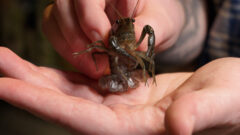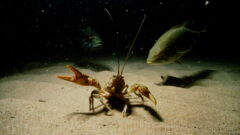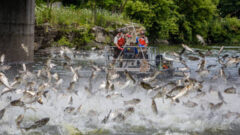Foraging’s Spring Backyard Splendor: Dandelions and Violets
This story is a part of “A Year in the Wild Kitchen of the Great Lakes,” a series in partnership with expert forager Lisa M. Rose with the mission of nurturing a deeper connection with the natural world through foraging.
As spring unfolds its vibrant hues, what better way to celebrate the season than by embracing the often overlooked splendor of dandelions and violets?


















